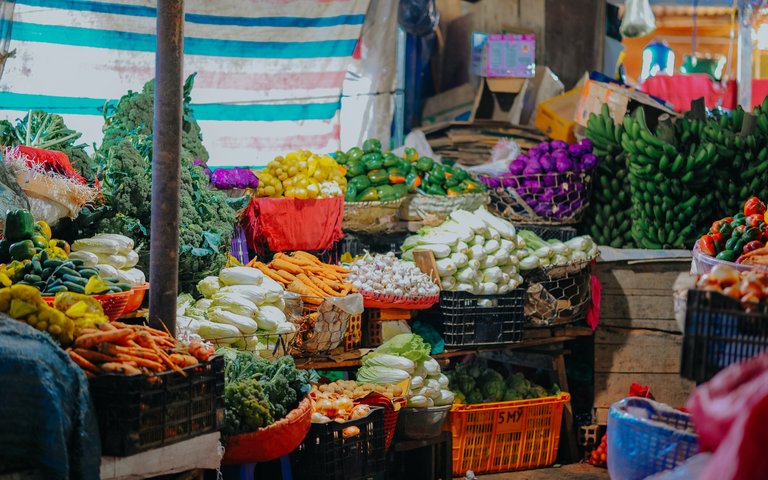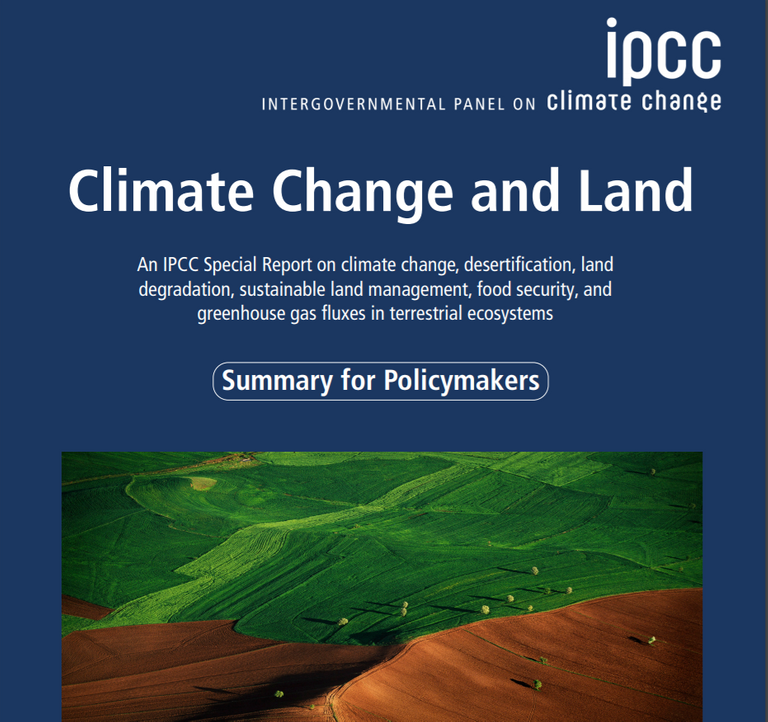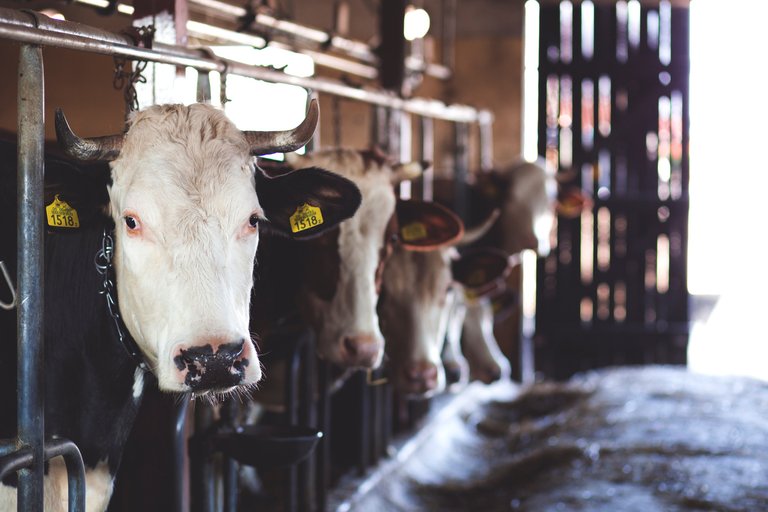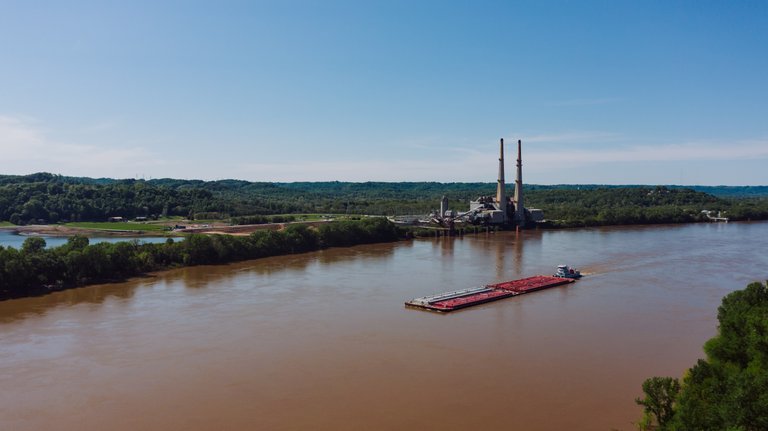
No, I didn't make a mistake in the title and mean to type CARB or CARBOHYDRATE. This eating style isn't about limiting your bread intake, it's about limiting meat and dairy while favoring more plant-based choices. By choosing foods that require less emissions of greenhouse gases to produce you can contribute to climate change.
“What we eat and how it is produced—as well as food waste we create—all have major impacts on the planet,” says Katharine Wilkinson, PhD, an expert in environmental geography who serves as vice president of Project Drawdown, a nonprofit resource for climate solutions.
Of course, eating a low-carbon diet won't cure the planet's environmental woes but a widespread shift to more sustainable eating choices could reduce the greenhouse gas emissions related to food by 70% and make us more healthy at the same time.
Everyone knows about carbon dioxide, the main greenhouse gas affected by human activity, which is why you often hear environmental impact called "carbon footprint."
The food production system includes everything from farming and grazing livestock to the packing and shipping of the products. It accounts for about one-third of the world's total greenhouse gas emissions. You can read more about this in the United Nations Intergovernmental Panel on Climate Change's 2019 report:

Different types of food vary in how much greenhouse gases are produced on their way to your kitchen. Meat and dairy, especially cattle, have the highest impact per gram of protein. Not only do animals produce their own methane gas, they require huge amounts of feed production, feed transportation, and land requirements. Pork, poultry, and dairy have a medium impact, while fish and eggs are in the low impact category.

Other considerations are food waste since it's estimated 30-40% of our food supply doesn't get eaten, ending up spewing greenhouse gases as it decomposes. The amount of processing required also affects the amount of impact. Think of a plastic clamshell package of ready sliced apples in the supermarket as opposed to purchasing a box of fresh apples from the orchard.
Travel - how food travels as well as how far it travels - also has a major impact. If you happen to be a wealthy food connoisseur and have your fresh Maine lobster flown in for your dining pleasure, you are not helping! Air-freighting has the highest carbon impact of any of the shipping methods. Boat transportation has the lowest, and travel by truck or train is in the middle. Living next to the Mississippi River, I do see quite a bit of barge traffic.

So what does a low-carbon diet actually mean? There are five main goals and incorporating even a few of these on a daily basis can help lessen our carbon footprint.
Cut Back on Meat and Dairy
Most people are not ready to go full vegan but you could just try one night a week for a meatless meal. Eat more chicken, turkey, and fish rather than beef. Try some different cheese or mayo replacements, such as avocado or hummus spreads. And if you want beef, a better choice would be local meat markets that support small local farms as opposed to large commercial farms from far away locations.
Buy Only What You Need
Not only will you keep food out of the trash, but you also won't waste money! Using a list and planning meals will help you avoid impulse purchases that look good in the store, but you don't end up using them. And if you do end up with waste, consider home composting rather than bagging it up with your trash and sending it to a landfill.
Buy Foods With the Least Processing
Elaborate fancy packaging and preparation raise the amount of greenhouse gases used to generate them - as well as your hard-earned dollars you will pay for them. Every piece of plastic carries its own price tag so the closest you can stay to a minimum packaging the better.
Buy Locally Produced Foods When Possible
Local farmer's markets are a fantastic way to get FRESH food as well as support your community. Also, your local grocery store will often feature local selections. And you can take the word "buy" out of the equation by starting your own herb or veggie garden. There is nothing as delicious and satisfying as stepping out onto your patio or backyard garden and harvesting your very own produce.
Buy Food in the Season You're In
Strawberries in the spring, those first ripe tomatoes, corn in the summer, apples in the fall. Take advantage of the foods that are plentiful in your area at the time they are in their peak. Right now is peach season here, and I've been having peach oatmeal for breakfast every morning! In the dead of winter, peaches come from far away states, not fresh and definitely more expensive. Buy them now in season and freeze or preserve them for your enjoyment this winter!
So what does this mean for your health?
Eating better for the environment means eating less meat and more plants, with less processing. That translates to less saturated fat and more fiber, which is the perfect recipe for lowering your risk of death from heart disease.
The bottom line is that following a low-carbon diet could benefit both the environment and your health! It all starts with awareness and wanting to make a difference.











Hive is a social blockchain where you can join communities, share and curate content and earn cryptocurrency that is growing in value. Sign up for an account at Sign up for Hive.
This post has received a 100.00% upvote from @fambalam! Join thealliance community to get whitelisted for delegation to this community service.
Such an important post - love it!!! Im glad for my garden to eat seasonal. Mindful consumption is the panacea for these hedonist, gluttonist times that are really causing our downfall. Oh, check out the plant based curation on @lotusshares account for Nat Med - trying to promote a little less meat consumption!
Thanks @riverflows! And I'll check out the @lotusshares account. 😀
Carbon, carbon, carbon, reminds me of a reasoning from the late Vaughn Benjamin, where he argues that we are parasites when we live outside the the equatorial areas of the Earth.
Ultimately, humans are an equitorial species, and life to the extremes in either direction cause us as a species to waste more and more carbon, from diet to lifestyle.
This is what keeps us in the tropics, we only need a fan and a light bulb, and eat things growin within 30km of where we live. I would imagine a week of my "green lifestyle" in the USA consumes more carbon than a year of my ordinary life in Cambodia.
Awesome post @blueeyes8960, thanks for sharing.
Thanks for the feedback @justinparke! It makes a lot of sense to try to conserve when and however we can. Too many people just don't care and can't even be bothered to do the little things that could make a difference if only everyone practiced them.